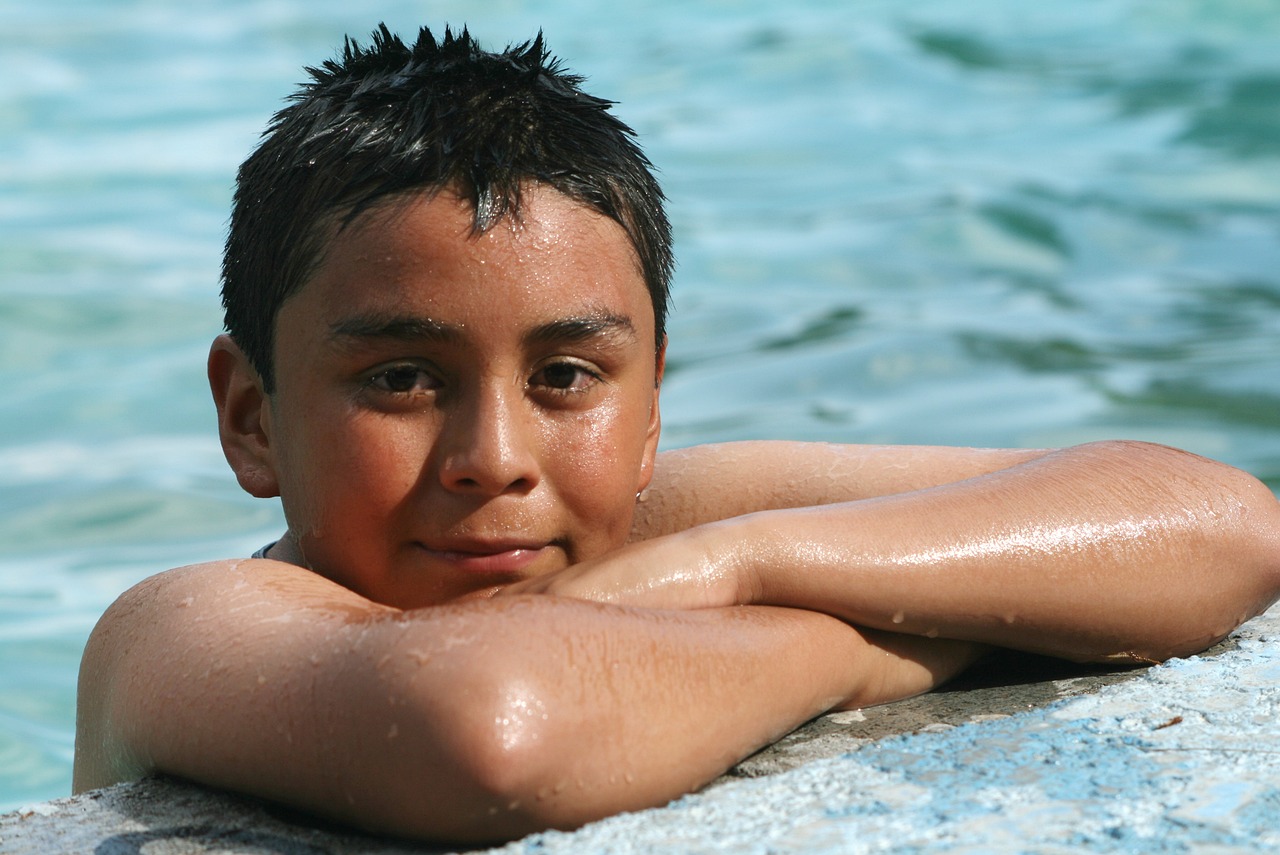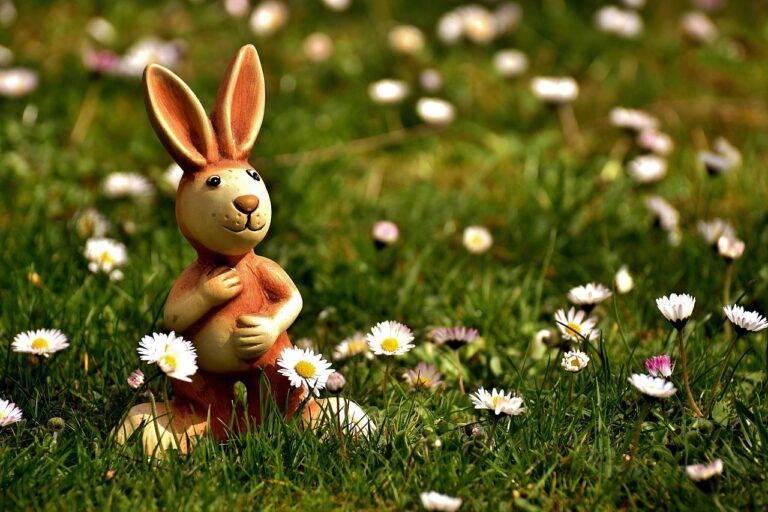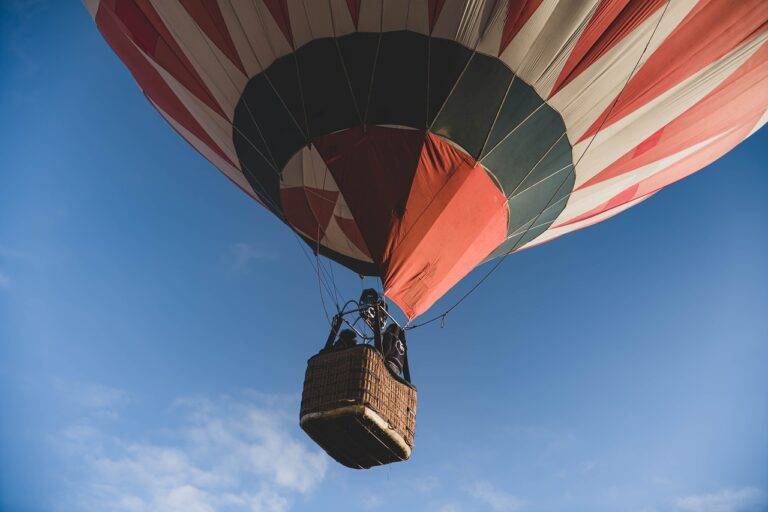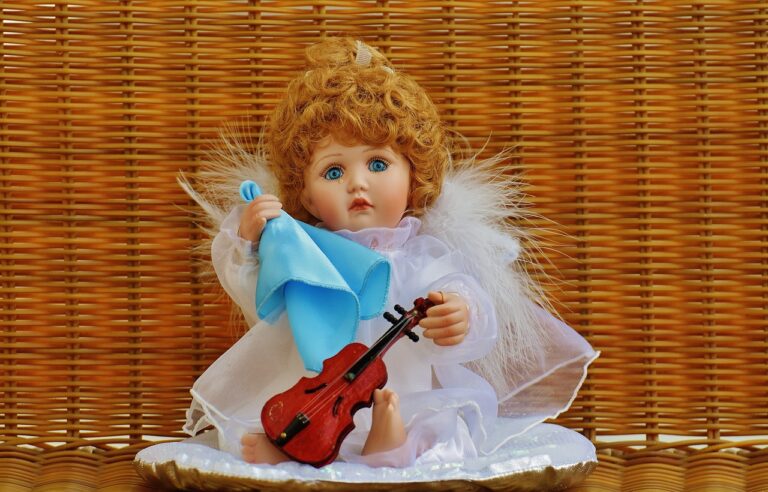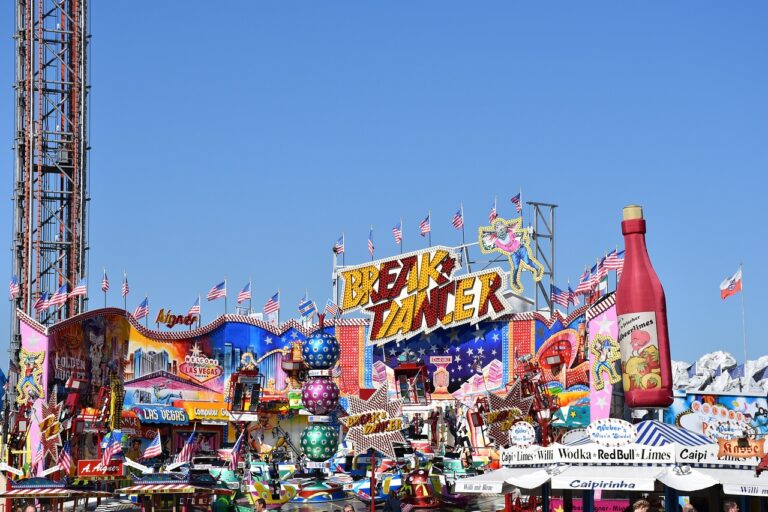From Competition to Cooperation: Team Dynamics in Reality TV Challenges
sky247 login, gold365 betting, gold365: Reality TV shows have become a popular form of entertainment over the years, captivating audiences with their dramatic challenges and competitive nature. One common theme that emerges in many of these shows is the transition from fierce competition to unexpected cooperation among contestants. This shift in dynamics often leads to interesting and unpredictable outcomes that not only entertain viewers but also offer valuable insights into the nature of teamwork.
The competitive nature of reality TV challenges is evident from the start, with contestants vying for the top spot and willing to do whatever it takes to win. Whether it’s a cooking competition, a physical endurance challenge, or a design contest, the goal is always clear: be the last one standing. This fierce competition can often lead to tension, drama, and conflict among team members as they strive to outperform one another.
However, as the challenges progress and the contestants face increasingly difficult tasks, a shift often occurs in team dynamics. The competitive spirit gives way to a sense of camaraderie and mutual support as contestants realize that they can achieve more by working together rather than against each other. This transition from competition to cooperation is not only heartwarming to witness but also offers valuable lessons in teamwork and collaboration.
One of the key factors that influence this shift in dynamics is the realization that cooperation can lead to better results. Contestants who are willing to set aside their personal agendas and work towards a common goal often find that they are more successful in the challenges. By pooling their talents, skills, and resources, contestants can overcome obstacles that would be insurmountable if they were to tackle them alone.
Moreover, the relationships that form through cooperation can be incredibly powerful. Contestants who learn to trust and rely on each other build strong bonds that transcend the competition. These relationships not only enhance the contestants’ experience on the show but also contribute to their growth as individuals. By learning to communicate effectively, resolve conflicts, and support each other, contestants develop important skills that are valuable both in the show and in real life.
In conclusion, the transition from competition to cooperation in reality TV challenges offers valuable lessons in teamwork and collaboration. By working together towards a common goal, contestants not only improve their chances of success but also build strong relationships that can last beyond the confines of the show. The dynamics of teamwork in these challenges showcase the power of cooperation in achieving shared objectives and highlight the importance of mutual support and trust in any team setting.
FAQs:
Q: How do reality TV shows influence team dynamics?
A: Reality TV shows often create a competitive environment that can lead to tension among team members. However, as contestants face challenges together, they often realize the benefits of cooperation and teamwork.
Q: What are some examples of reality TV shows that demonstrate the shift from competition to cooperation?
A: Shows like “Survivor,” “The Amazing Race,” and “The Great British Bake Off” are known for showcasing the transition from fierce competition to unexpected cooperation among contestants.
Q: What lessons can be learned from the team dynamics in reality TV challenges?
A: Viewers can learn the importance of communication, collaboration, and mutual support in achieving shared goals through the team dynamics displayed in reality TV challenges.

